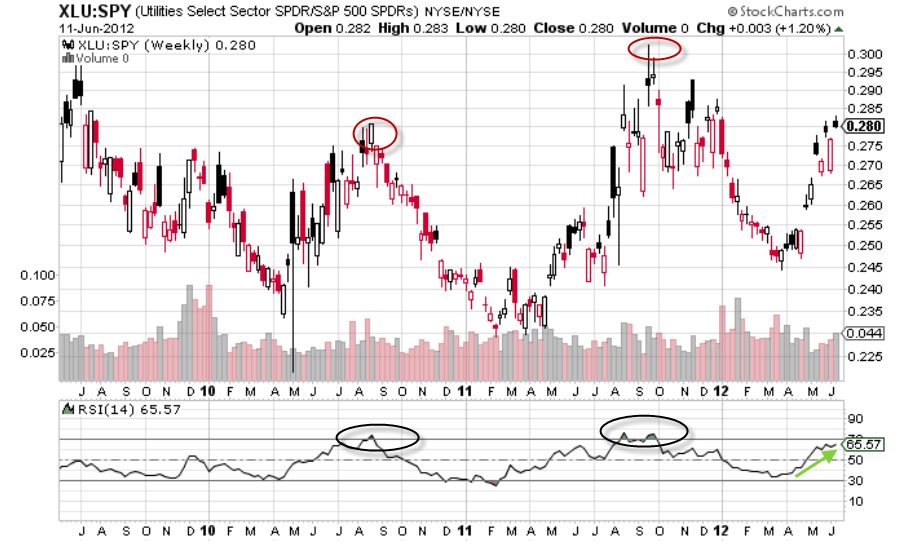It’s springtime and college graduates around the U.S. are receiving timeless nuggets of wisdom from commencement speakers — that is, if they haven’t cancelled or had their invitations revoked.
Yet a difficult employment and economic picture has confronted new graduates after the financial crisis, and the Class of 2014 is no different.
No doubt, it’s tough out there for graduates entering the workplace. For example, about one out of every three young adults between the age of 18 and 31 lived at home with their parents in 2012 — that’s a record 21.6 million Millennials living with their folks.
It’s numbers like these that may fuel the stereotype that Millennials are lazy and entitled. However, those labels are inaccurate, and unfair.
Also, Millennials are facing stronger economic headwinds that most generations didn’t have to deal with. Here are some of the challenges, courtesy of ConvergEx Group:
-
Soaring tuitions and student debt: The cost of a college education has skyrocketed, and outstanding student debt has tripled over the past decade to $1 trillion. The average graduate’s monthly student loan payments grew by 300% from $100 in 1993 to $300 in 2010. That means monthly student debt payments comprise 27% of a graduate’s monthly income. In fact, the Class of 2014 is the most indebted ever. This year’s average graduate with student-loan debt will have to pay back more than $30,000.
-
Falling starting wages: The pay levels of young college graduates fell by more than 5% for the decade ended in 2011. And more than 40% of graduates were in jobs that do not require college degrees as of 2012.
-
It’s tougher to get credit after the financial crisis: Not only that, but two-thirds of college students graduate with debt equal to 60% of their average annual income.
“Collectively, these cyclical and structural underpinnings have caused a disruption to the lifecycle typically assumed by graduates, such as getting a job, renting an apartment/buying a car, marrying, purchasing a home, and having children,” according to ConvergEx. “Millennials are teased with ephemeral independence at college, only to move back in with their helicopter parents four years later. Consequently, this generation’s American Dream has stalled by several years.”
Of course, Millennials aren’t the only ones living with parents to make ends meet in a tough economy and job market. Even some older Americans are moving back in.
Add it all up and it means a slowing pace of U.S. household formation. This is a clear trend, like more Baby Boomers retiring, that could be weighing on the economy.
“The weak pace of U.S. household formation since the financial crisis is an ongoing source of concern for policymakers and investors alike,” ConvergEx notes. “The economy may meaningfully improve, thereby enabling the most pressing drag on household formation — Millennials — to finally forge their own ways into the economic mainstream.”
Photo credit: Andree Lüdtke via Flickr Creative Commons





